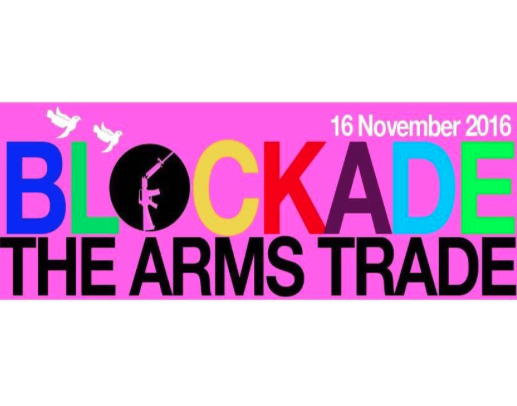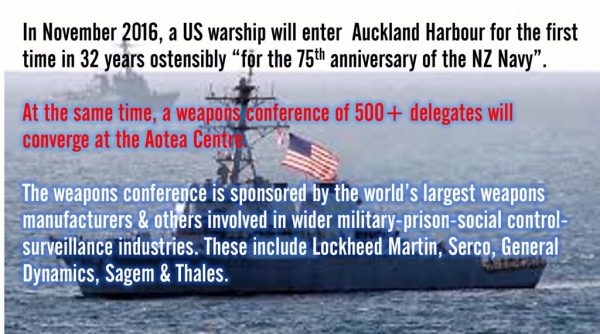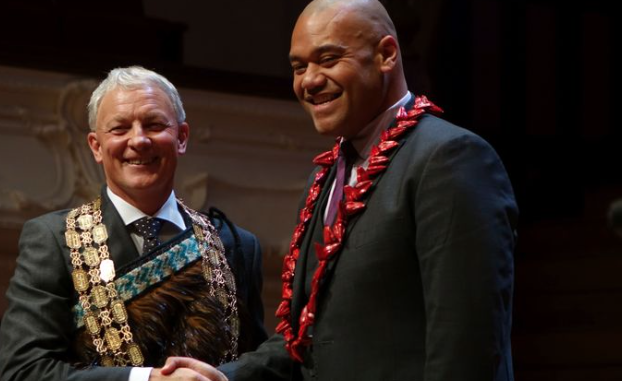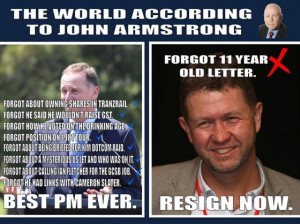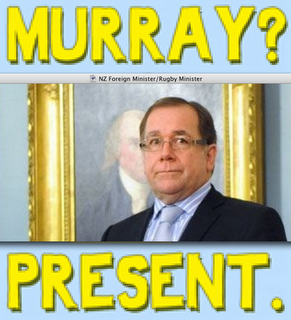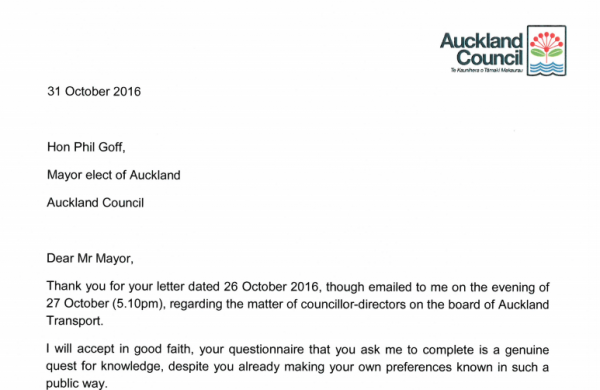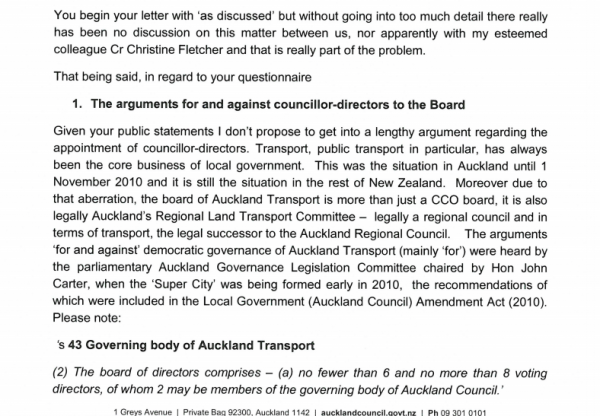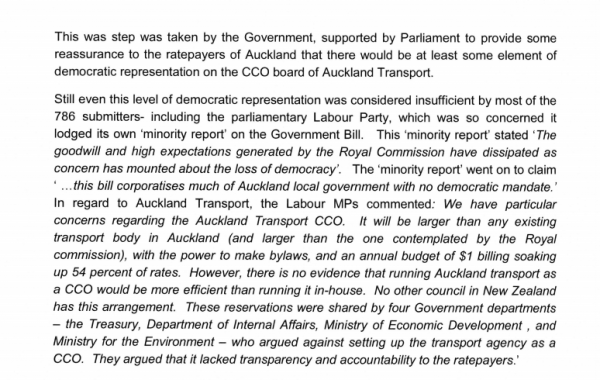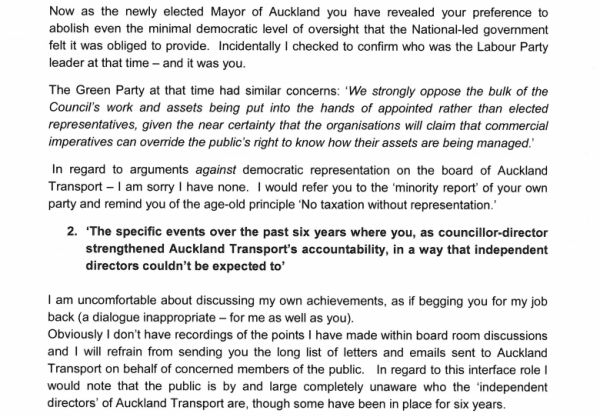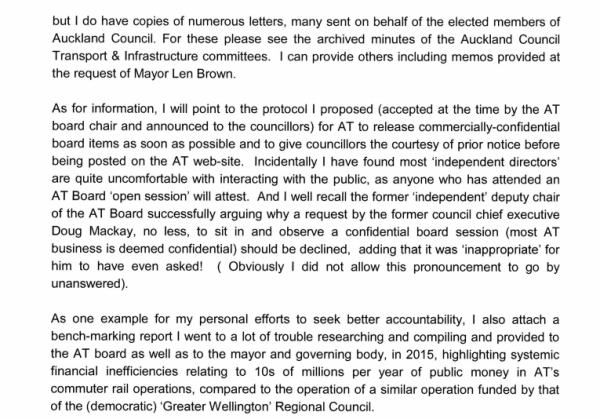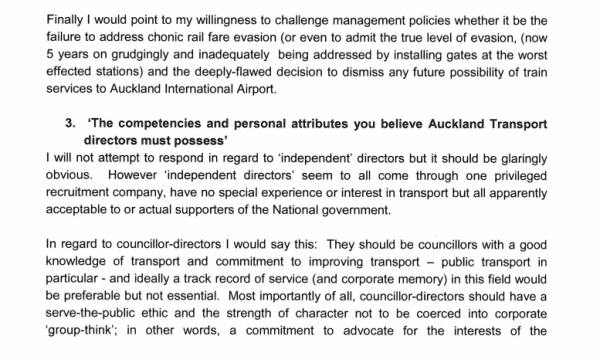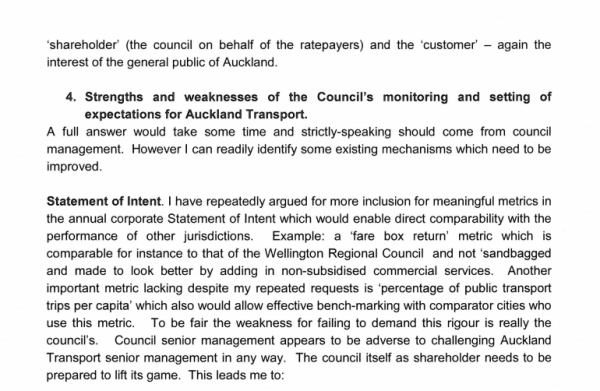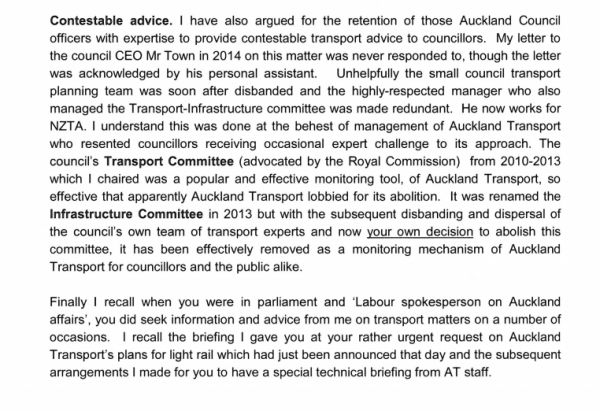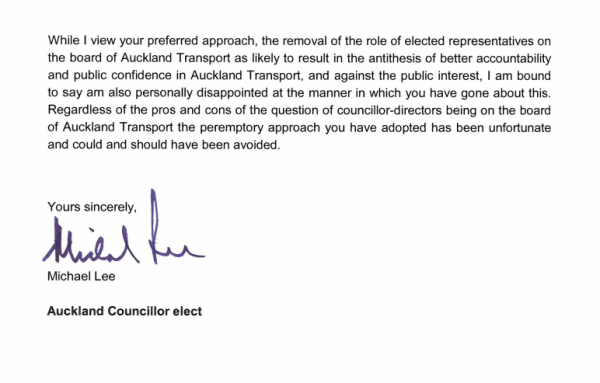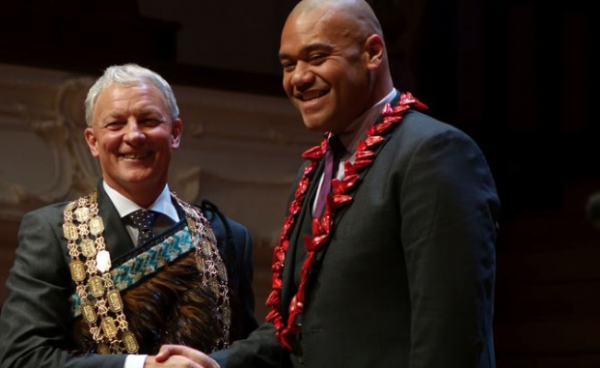
Maiden address
Efeso Collins
Mr Mayor 3 years ago I had the privilege of standing before the generous people of Otara-Papt as their newly elected Chair.
It was there that I spoke of the abiding entrepreneurial spirit of my parents who more than 40 years ago left the safety and comfort of the villages of Malie and Satufia, Satupaitea in Samoa, to make Auckland their new home.
New opportunities. New dreams. New jobs. A new life.
It was for those reasons that they made the exciting and somewhat daunting journey here to NZ.
Working on factory floors at NZ Forest Products in Penrose, cleaning the operating theatres of Middlemore Hospital and driving cab 059 for South Auckland Taxis.
They worked multiple jobs and long hours to put food on the table, clothe us and send remittances back home to Samoa.
All the while ensuring that my 5 siblings and I took the chance available to participate in a world-class public education system and adequately housed in a 4 bedroom state house on Preston Rd, in Otara.
The first in my family to attend and graduate from university, I am keenly aware of the price my family paid for me.
This achievement was the result of familial sacrifice and a system that looked to assist those less fortunate in life, to have a fighting chance to succeed.
I was at school in the 80’s when my parents were told not to speak Samoan at home, because it would be detrimental to our learning. International evidence suggests we know better now.
I was also told by one of my 7th form teachers that I was too dumb to go to university. My undergraduate grades (which thankfully can’t be LGOIMA’d) suggest we know just a little bit better now.
Fortunately there were more people in my life who believed in me.
Mr Mayor, that is why thousands make Auckland their home. Because like my parents it stands for new horizons and a new start.
Whether seeking refuge from war stricken regions, a business opportunity, a change in career, or just wanting somewhere great to raise a family – Auckland is the place of new beginnings.
At this point in time we can capitalise on the influx of human resource for our people and our city. Because by focussing on people’s potential, we can seriously transform our society for better.
It is the place where ideas, voices, cultures and ways of living can quite beautifully be interwoven.
And we need not fear the resulting collision that comes from being a super diverse city. Because it is that diversity and difference which gives Auckland its unique character.
We have much to learn from each other and in order to do so we must draw from a personal and spiritual well of humility, compassion, respect and care.
On these fundamental tenets of our genuine commitment to humanity will we build an enduring society.
Reducing the divide between young and old; decile 1 and decile 10; white collar and blue collar; left and right. Building a great city is firstly about building strong and resilient people.
Today alongside Cr Alf Filipaina my friend and colleague whom I’d like to acknowledge, we are blessed to be the elected members for Manukau:
Where 40% of our population is under the age of 25 (just like me). Where 4/5 people identify as either Maori, Asian or Pacific. It is the ward with one of the lowest rates of home ownership in the country and increasing levels of homelessness.
Auckland’s accidental property millionaires club is yet to reach the people of Manukau.
Today hundreds of children in my ward went to school hungry. Hundreds of our kids slept in cold garages and cars last night. And hundreds of those very families take the little they have, forced to decide between paying for food, the power, or the rent from week to week.
Those stark choices are disempowering and demeaning.
I know this reality because it’s the reality our family lived with, for years in Otara.
I have a 4 year old daughter and couldn’t bear to see her go hungry or cold during winter nights. I’m sure that every parent in this room feels exactly the same way.
And so it is for these constituents – the people that I sit beside in church each Sunday, shop with at Hunters Corner, barter with at Mangere markets and wait at the train station with at Otahuhu that I stand with, and for, today.
They demand and deserve strong leadership for change, equity and compassion.
Under the mantle of civic leadership, the people at this table have the opportunity to learn, understand and accept the values and sacred ways of being that all of us bring to Auckland.
Every life, every experience and every story matters.
And not just the few who know how to lobby those in public office or those who are experts at public forum.
We have a duty to listen to all Aucklanders – in all the languages of this city, and at all its gathering places.
Tamaki Makaurau. Auckland.
The place where goals are set. Where aspirations come to fruition. The place where people must be remain our focus.
Yes. People. Regardless of their postcode, religion, age, country of origin or income bracket.
The Auckland my parents came to is the one that was committed to building lives, strengthening communities and giving people a decent place to work, live, school and play.
A place that they could truly call home.
It is therefore my privilege to stand here today. Ready, willing and equipped to serve and speak for the people of Manukau – the face of the future.
In closing I want to make a few personal acknowledgements.
A special shout out to my mentor and friend, Rev Uesifili Unasa and faletua Susan Unasa.
To my brothers and sisters all of whom are now based in Australia.
My mother Lotomau Collins and my father Tauiliili Sio Collins who passed away 8 years ago and I’m sure Dad is joyfully watching from heaven. For their steadfast love and generosity.
My parents in law – le tofa ia Legaoi Opeta Elika and Asalemo Elika. My mother in law, known better to Kaperiela as Nana who passed away just 5 months ago. Today we remember her with deeply fond and special memories.
Finally to the 2 most amazing women in my life. My wife Fia and our beautiful daughter Kaperiela who are here today and are the inspiration for everything we do. I love you family. May we always put God first, foremost and always.
Your Worship, Thank you for the chance to offer my inaugural thoughts. I look forward to a constructive, inclusive and engaging term and again thank the people of Manukau for this great honour.
Soifua ma ia manuia.
TDB Recommends NewzEngine.com
